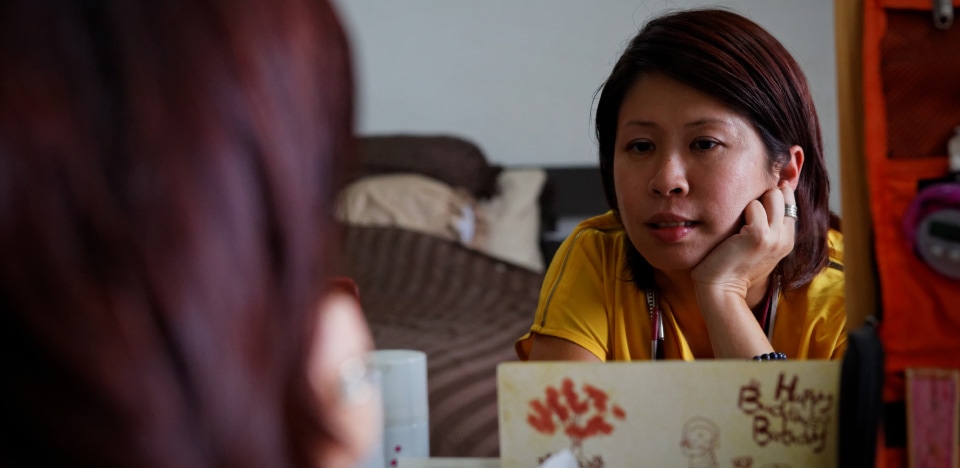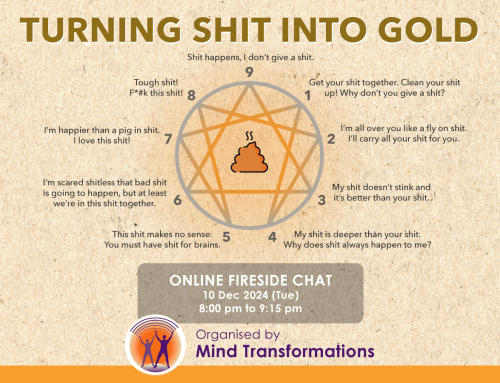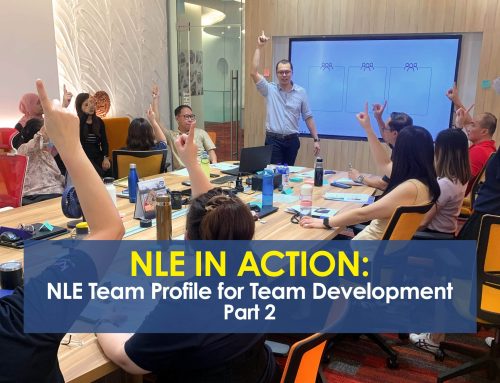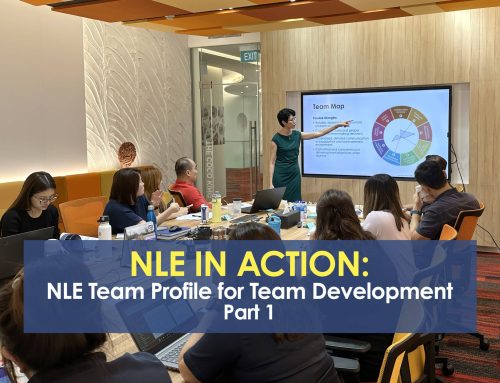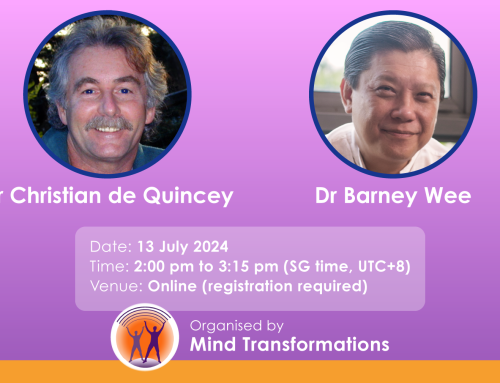I would like to begin by sharing one of my favourite moments from the movie The Pursuit of Happiness, starring Will Smith, who played the character of Christopher Gardner, who went through tough times pursuing his goal of becoming a stockbroker, and eventually forming his own multi-million dollar brokerage firm.
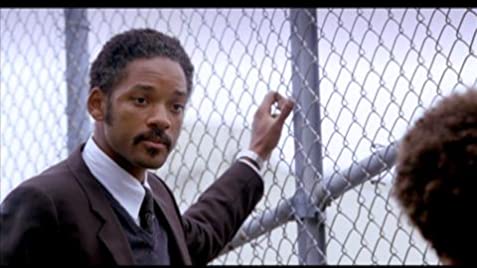
Humans are meant to grow and evolve.
We are in a constant search to better ourselves at different levels. As a training facilitator, one of the common questions I get from participants is this: “how can we sustain the training effectiveness even after the training ends?”
Here, I will not be diving into which are the best methodologies, systems or learning technologies.
Rather, I would like to focus on our fundamental attitudes & self-assessment towards how we can smoothen our learning curves and thereby maximize our efforts in whichever training programmes we attend. This is based on 2 key NLP Presuppositions, which coincidentally, also seem to be lessons from The Pursuit of Happiness.
I am in charge of my mind and therefore my results.
We already have all the resources we need to live our best!
Our Inner Game & Self Accountability
You may have heard of the metaphor of the finger pointing at the moon.
Training programs, methodologies and systems are just like fingers pointing to the moon. Most of us, on our personal and professional development journeys, tend to be obsessed with them. What we fail to notice, however, is that in that obsession, we miss the glory of the moon. Our learning ultimately leads us to look within ourselves and discover our inner game of excellence. Some of the questions in this game often used in NLP coaching are:
- What are our goals?
- Why are those goals important for us?
- How did we think?
- How do we use our body?
- How do we use our language?
- What are our beliefs, emotions and values about ourselves and the world around us?
- What are some of the key mentality and attitude we hold within ourselves that affect our learning?
- How can we get the best out of what we have?
While we may often seek out for the best teachers, have you ever wondered whether we are being the best students we can be?
The teacher merely shows us the way, students have to do the hard work in order to manifest the results we wish for!
To help us to be in charge of our inner game of excellence, we can ask ourselves these questions when attending a training course:
- What can you do more of and less of in your life in order to move towards what you want?
- Who are the people you can leverage on as your mentor or reference in this process of learning and development?
- What are the key insights about them that you can integrate into yourself?
Preparation, Clarity & Contribution
Once you have decided on a training programme, set yourself free from all expectations and attend it with an open mind! At the same time, balance that with a sufficient amount of preparation.
In the NLP training that I am involved in facilitating, one of the key preparatory steps is to have a well-defined outcome of what you want to achieve out of it. This maximises your learning by as you focus on expanding your pool of resources instead of wasting your mental energy on distractions. Ask yourself:
- How would you want to see yourself living and working differently 6 months after the training?
- What are some indicators to let you know you are progressing in the right direction?
- Most importantly, why is this outcome important to you?
Understanding this determines how much you are willing to invest in yourself during the learning process. As much as we want to receive, contributing to the training will also make a huge difference in value-adding to your learning:
- What values and qualities about yourself do you want to bring forth to the training, to contribute and add value to the group?
- How do you express those values and quality during the training phase?
Be Open To Feedback
Part of being self-accountable is to be open to feedback. Most often the things that are getting into our way of receiving feedback are:
- Our years of experiences in life
- Our titles or statuses of who we think we are
- Our knowledge
- Our desire to be right, to be above the rest or the need to be in control
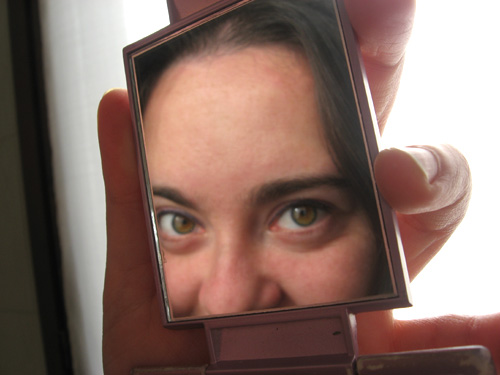
Are we willing to be open to being challenged on the status quo of what we have and what we know?
Being open to feedback also means that when you are not getting the results you want, are you willing to change the way you go about manifesting it? How dedicated are you in stretching yourself, trying different approaches or entering uncharted territories?
The Learning Doesn’t Stop When Training Ends
We are what we repeatedly do. Excellence then, is not an act, but a habit.
– Aristotle –
Psychological research has shown repeatedly that the expectations we set for ourselves influence the results we get (google Alfred Bandura’s research on Self-Efficacy). Are you setting your sights far enough for excellence?
In fact, our real-life experience is where our actual training or education begins. The strongest way to integrate and enhance our learning is to “live” it! Therefore, ask yourself:
- How do you intend to generalize and operationalize your learning beyond the training environment, after it has ended?
- What kind of groups or people do you want to engage with, to support your personal growth?
- What types of lifestyle (activities and routines) do you want to leverage on, so that you continue to grow & develop?
Trust, Dedication & Commitment
As you embark on a training program, do an honest self-reflection – what is the level of trust you have in yourself towards getting the best of what is there to learn? How fully are you willing to commit & dedicate yourself?
The level of trust, dedication and commitment you have towards the training will determine the quality of the learning you will gain out of it.
With trust, dedication and commitment, it will lead you to your goal. Without these qualities, it will be difficult to get anywhere. By beginning to assess yourself and your learning goals with the above suggestions, I hope that you will be able to make better-informed decisions on the best fit for your learning & development journey towards your desired future.
At the end of the day, you are still your own best teacher; and the teaching works better if you could get someone else to “show you the mirror” every once in a while.
[inf_infusionsoft_inline optin_id=”optin_2″]

